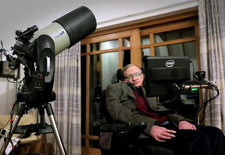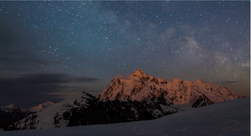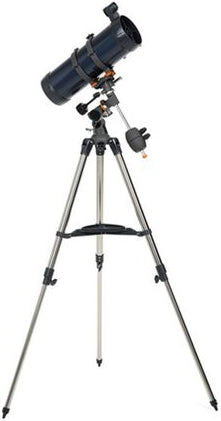Adjusting Your Eyes To The Dark
May 4, 2015
Go outside at night and look up at the stars. You may not see many right away. But the longer you stay in the dark, the more stars you will see. This is because your night vision has improved. Your night vision will dramatically improve after about 10 minutes of being in the dark. You will be at your best night vision in about a half hour.
It takes time for your eyes to fully adjust for nighttime use. When your eyes have fully adjusted, it is very important to keep them that way. It will be important to stay away from light. For example, if you needed to go inside for something, it is best not to and ask someone to bring it to you. If you must, have some sunglasses with you and keep the lights to a minimum. It would be best however to avoid lights as if they would hurt you! Many avid astronomers will actually wear sunglasses for a while inside before going outdoors - some will even wear an eye-patch over their observing eye to preserve night-vision
Observing Areas - Get It Dark and Keep It DarkWhile it is best to choose an observing area free from streetlights and city lights that is not always possible. Definitely turn off all the lights that you can, including house lights, garage lights - any lights you can. You want your observing area to be as dark as possible.
Maybe you have a park nearby that is farther away from streetlights and city lights; this would be your best choice for observing.
Flashlights - Red is BestIt is a good idea to own a red flashlight. Flashlights should be covered with red colored cellophane. It is a good idea to purchase yourself a good flashlight just for astronomy use. You can even coat the flashlight lens with some red nail polish for a more permanent effect. Many stores also offer red LED flashlight that last a very long time. Remember - Avoid all light as if it would harm you!



